(Correspondents: Zhan Xinyu, Xu Yili, Zhao Xingluo, Zhou Chunying) On October 20, 2018, the "2018 Seminar on Finance Research Fronts & Reform of Financial and Taxation System and Fiscal Policy after Transformation of Major Social Contradictions" was grandly held in Nanhu Campus, Zhongnan University of Economics and Law. The seminar was co-sponsored by the editorial department of Social Sciences in China, the School of Finance and Taxation of Zhongnan University of Economics and Law and Wenlan School of Business. Eighteen experts and scholars from the Chinese Academy of Social Sciences, Renmin University of China, Fudan University, Shanghai University of Finance and Economics, Xiamen University, University of International Business and Economics and our university attended the seminar and reported their papers.
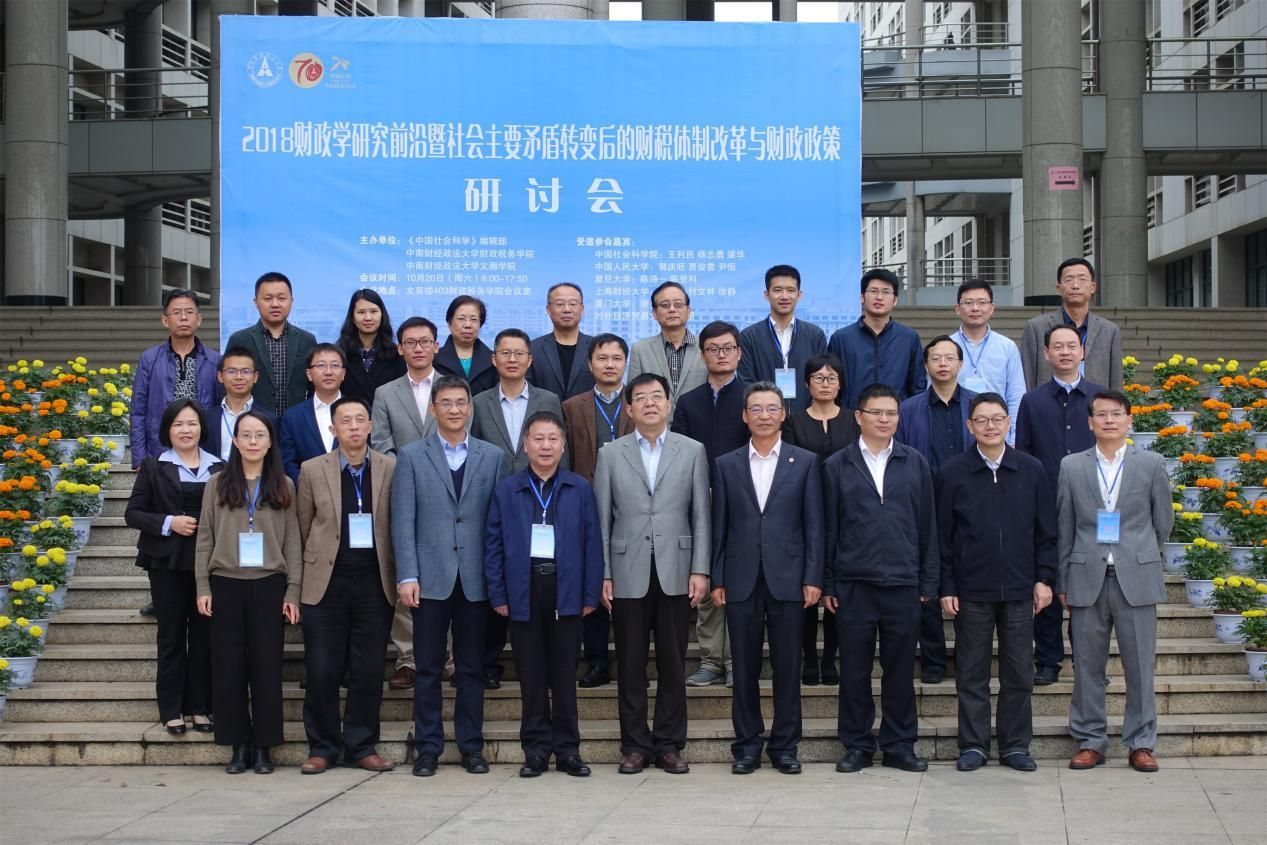
The opening ceremony was presided over by Professor Zhang Kezhong, Dean of the School of Finance and Taxation of, Zhongnan University of Economics and Law. Professor Zhang introduced the scholars present and warmly welcomed them.
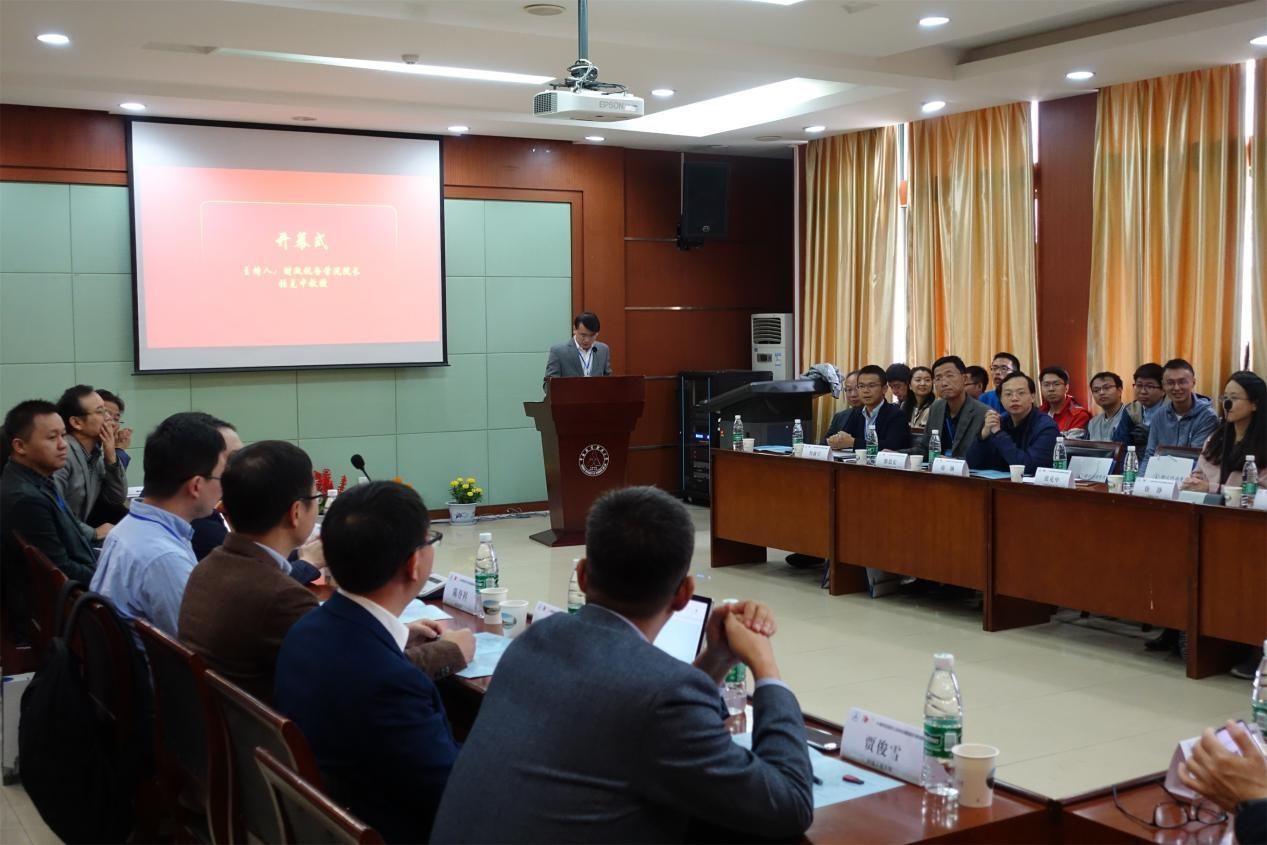
Professor Yang Canming, president of our university, pointed out in his speech that Socialism with Chinese Characteristics had entered into a new era, and economic development had also shifted from a high-speed growth stage to a high-quality development one. The transformation of major social contradictions, the construction of a modern economic system, and the practice of new development philosophy were inseparable from finance, "the foundation and important pillar of state governance". Therefore, under the background of the new era, financial theorists needed to ponder how to promote the reform of the financial system and improve the fiscal policy, which were also the focus of this seminar. President Yang expected the experts to clash with each other on different viewpoints, and wished this seminar a complete success.
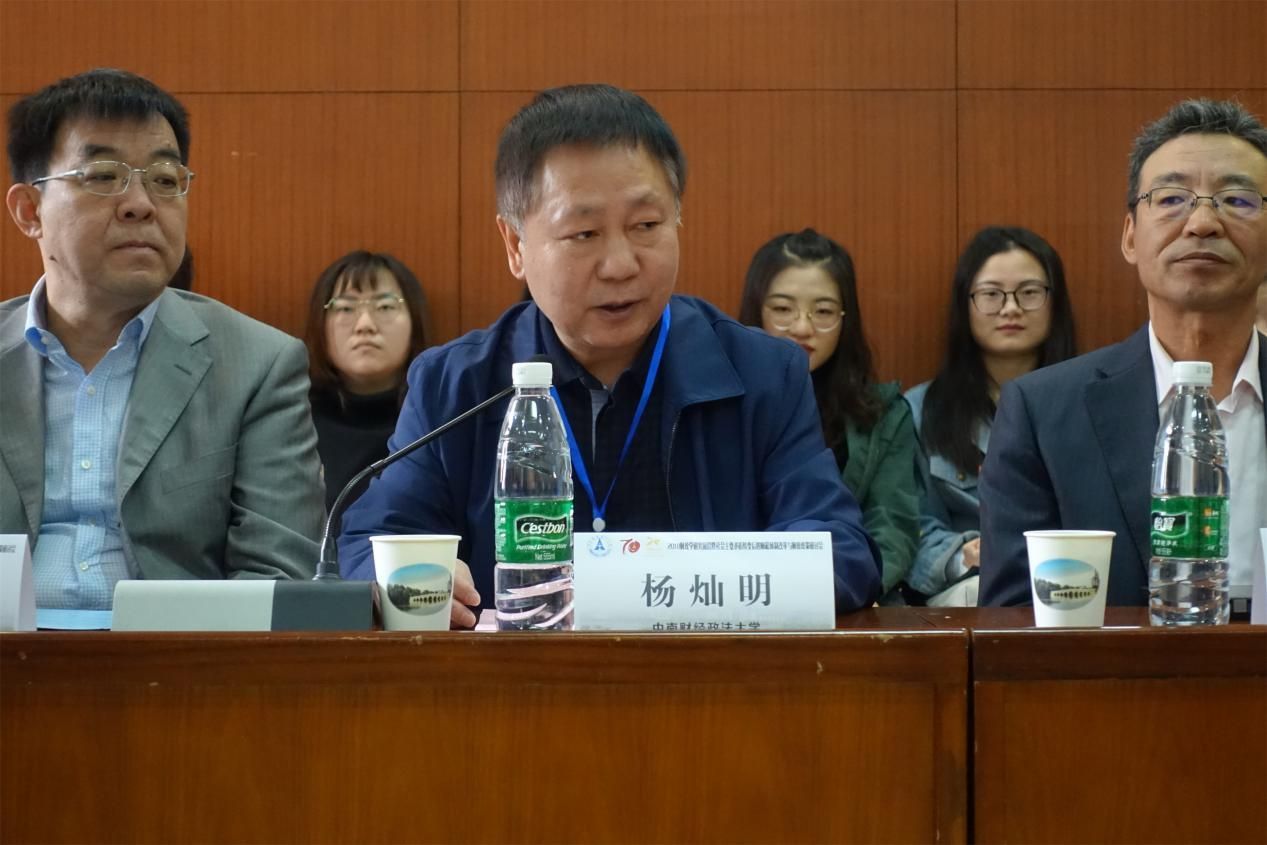
Researcher Wang Limin, deputy editor-in-chief (executive) of the editorial department of Social Sciences in China, pointed out in his speech that Social Sciences in China had been, with the concept of "open door for journals", participating in academic production, output and communication since 2010. The periodical held frontier academic seminars on major disciplines regularly, went deep into the front line of academic production, discussed academic hot issues with young scholars in educational circles, and jointly cultivated excellent academic research products. These were part of the main starting points for building a discourse system with Chinese characteristics, Chinese style and Chinese spirit. In the face of the transformation of major social contradictions in China in the new era, researcher Wang Limin believed that experts and scholars from various social sciences disciplines should actively implement the spirit of the 19th CPC National Congress; combine problem-orientation with the transformation of major contradictions in the new era, combine problem-orientation with discipline-orientation, combine problems of science with science of problems, and combine professional research with interdisciplinary research; carry out the research after the transformation of the major contradictions of our country in the new ear in-depth, in a practical way and many aspects, so as to achieve the "double innovation" -- theoretical innovation leads practical innovation, and practical innovation enriches theoretical innovation.
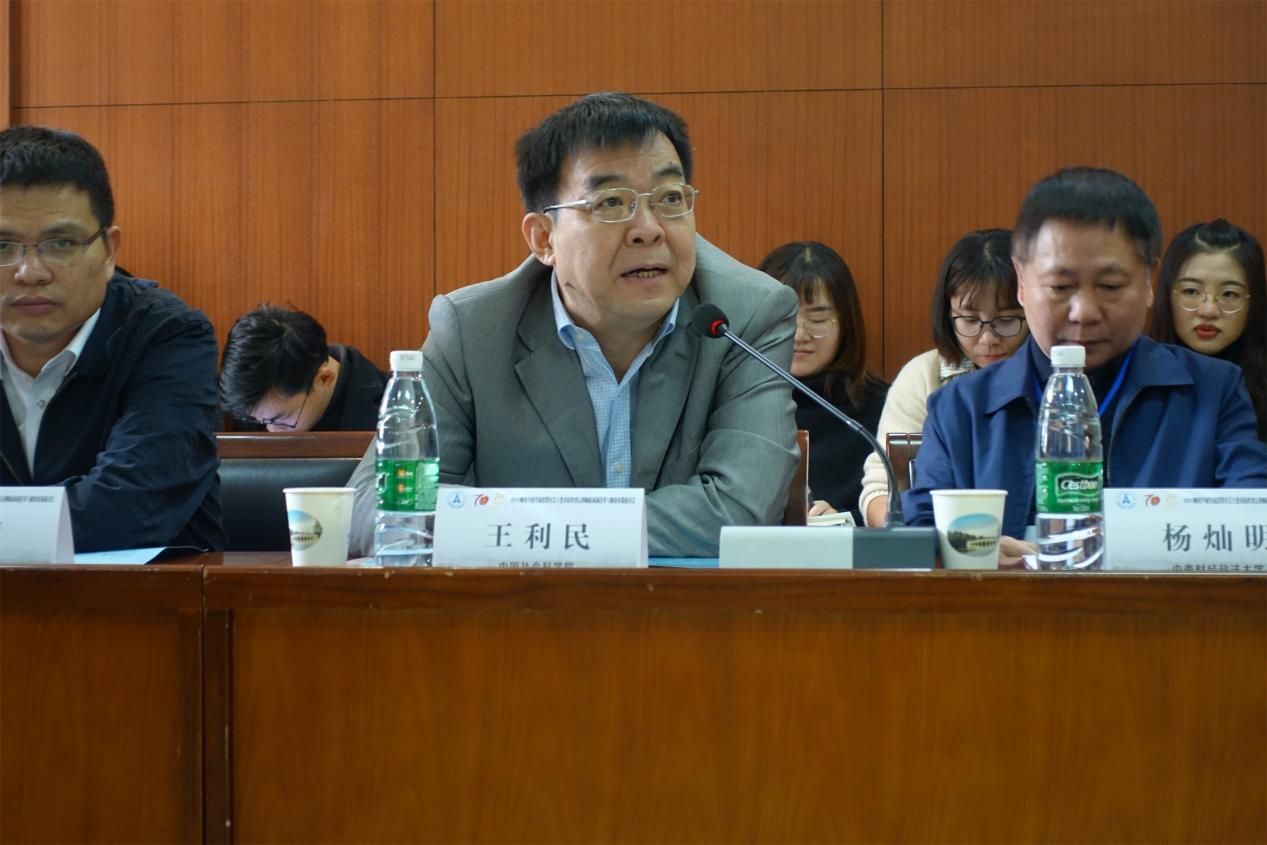
The morning keynote address was presided over by Professor Zhang Kezhong, Dean of the School of Finance and Taxation of our university. Professor Guo Qingwang of Renmin University of China put forward the "Development Finance Theory". He considered that the theoretical basis of this theory was Xi Jinping Economics, which mainly consisted of people's livelihood finance, civil rights finance and democratic finance. Although these three parts all aimed at meeting people's needs for a better life, Guo Qingwang emphasized that their focuses were different: People's livelihood finance mainly focused on economic growth, forming material capital; Civil rights finance paid attention to education, old-age care, medical care, employment, etc., forming human capital; While democratic finance stressed the openness, transparency, rule of law, etc., forming institutional capital.
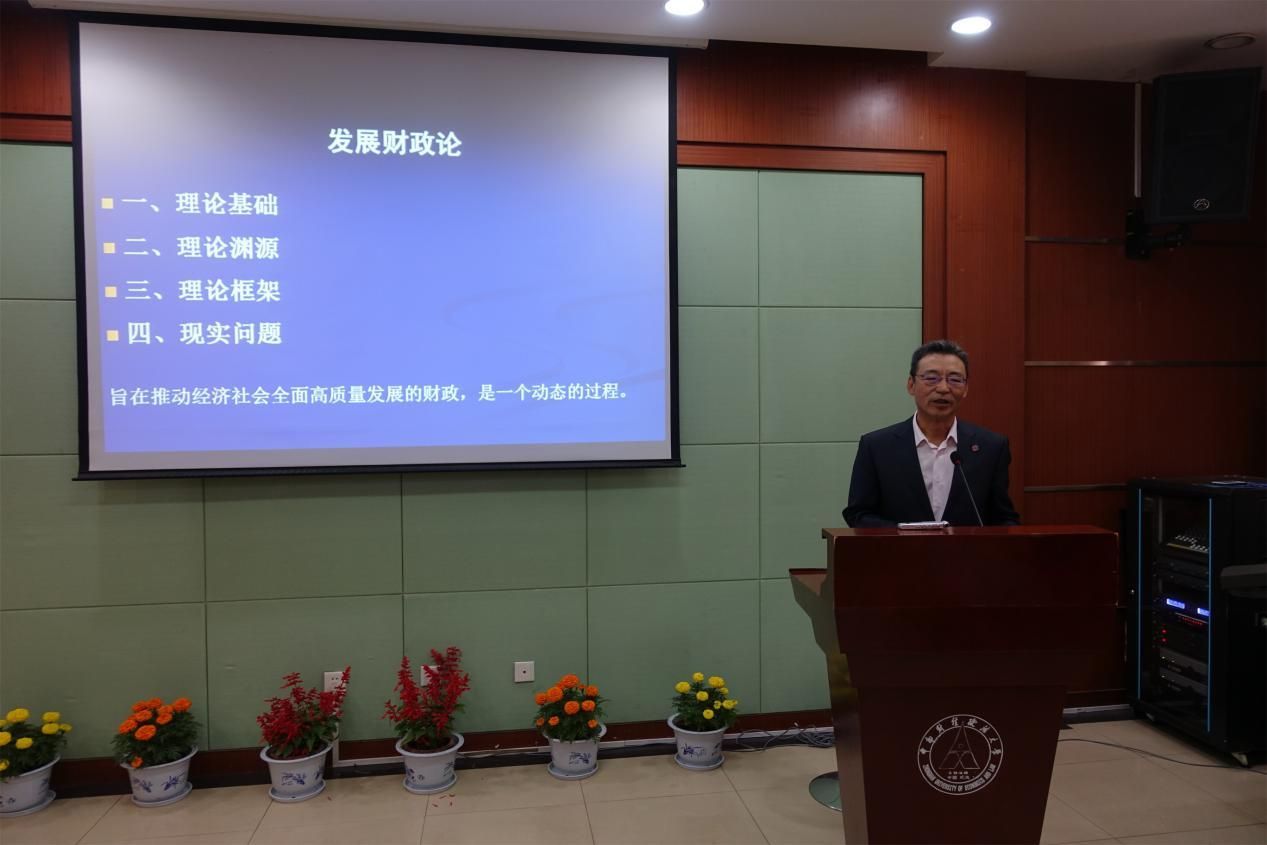
Professor Yang Zhiyong of the Chinese Academy of Social Sciences delivered a speech on "Knowledge Introduction, Knowledge Communication and Modernization of Financial System". He interpreted the process of financial system modernization from combined perspectives of the communication of financial theoretical knowledge, the accumulation of specific financial systems and the transformation of financial concepts, laying an important foundation for the solution of financial system problems and the follow-up research of financial system modernization.
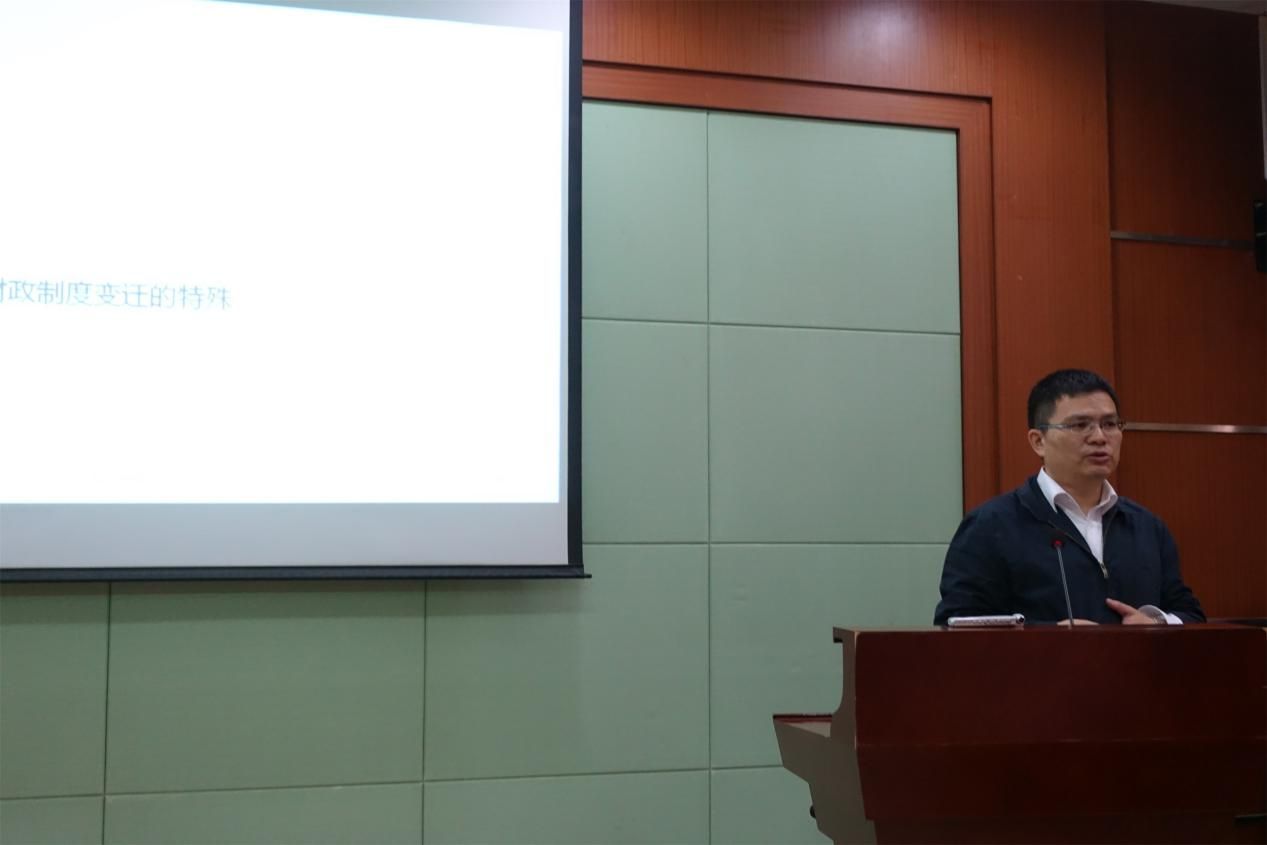
Then, Professor Fan Ziying of Shanghai University of Finance and Economics gave a paper report entitled "Teaching People to Fish: Financial Transfer Payment and Intergenerational Mobility of Human Capital". It was pointed out that transfer payment could significantly weaken the stickiness of human capital between generations. Using empirical methods, this paper examined the mechanism on which transfer payments affected the intergenerational mobility of human capital, and concluded that local governments' transfer payments promoted the increase of education expenditure, providing basic conditions for transfer payments to affect the intergenerational relationship of human capital.
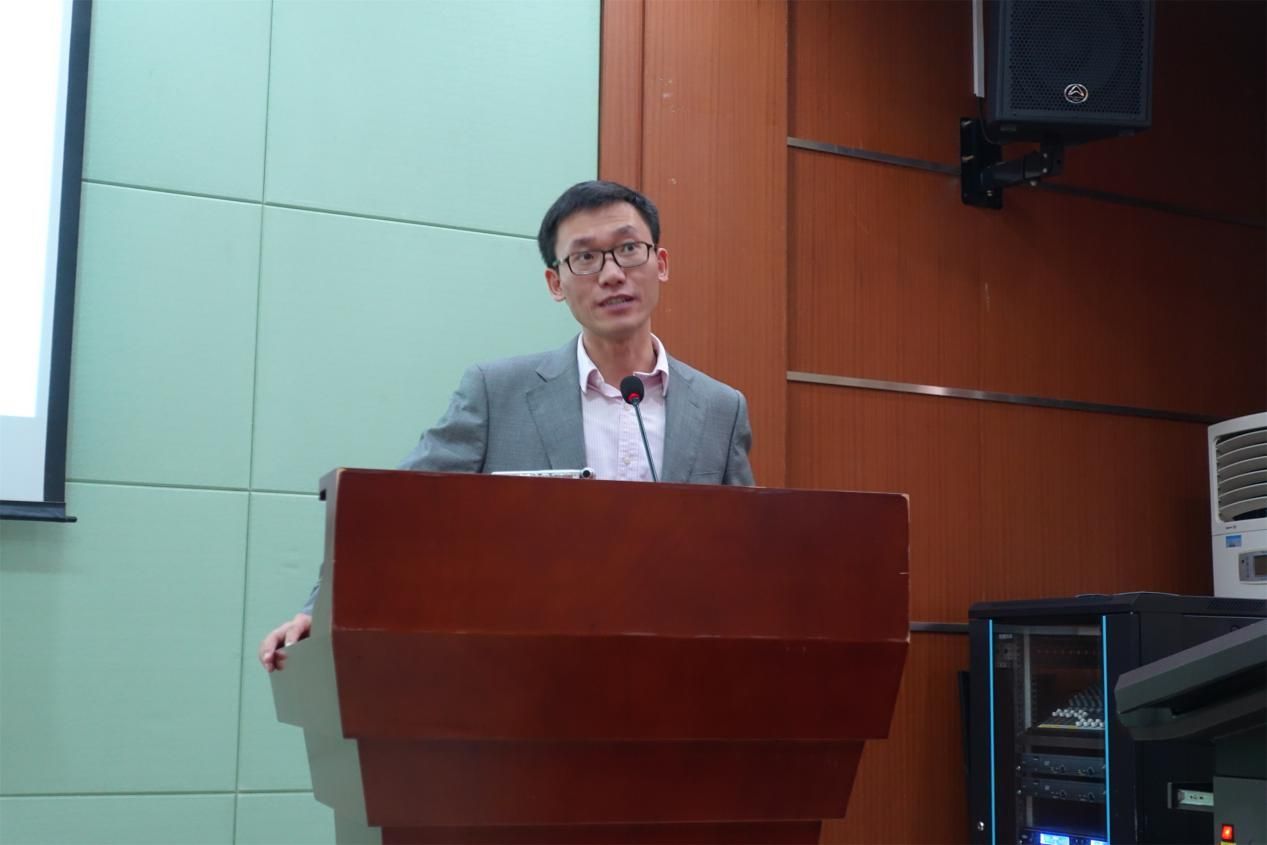
With the theme of "Local Autonomy and Economic Growth: Evidence Based on China", Professor Jia Junxue of Renmin University of China studied the relationship between the expansion of local autonomy and economic development by regression measurement method based on reviewing the practice, theory and institutional background of local autonomy. Taking Chongqing as a municipality directly under the Central Government and the Three Gorges Project as examples, it was concluded that the expansion of local autonomy could be beneficial to economic development, thus, the boundary effect was put forward.
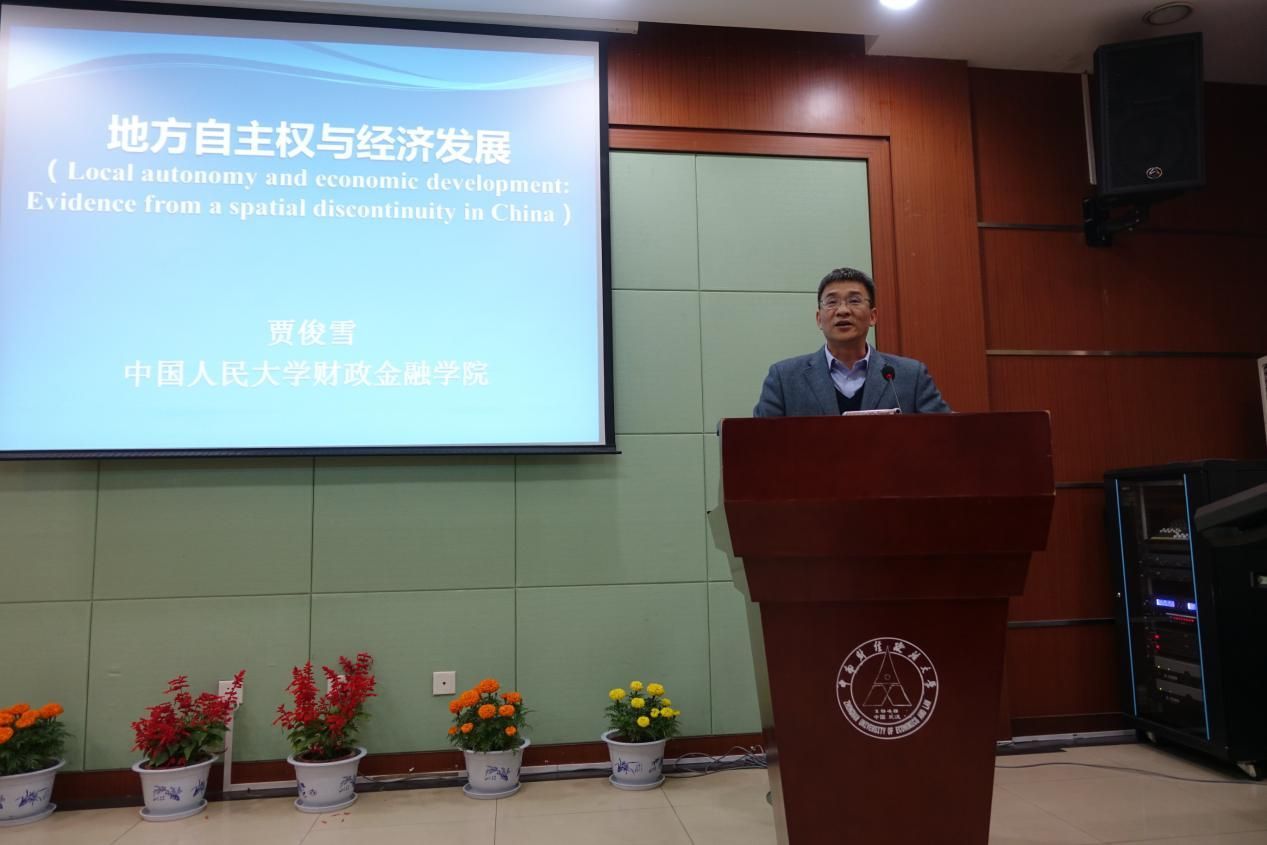
With the theme of "Performance Evaluation of China's Fiscal Expenditure: Empirical Discovery and Theoretical Explanation”, Assistant Professor Chen Dengke of Fudan University discussed the relationship between fiscal expenditure multiplier at different time points and economic recession probability and financial friction degree. He also analyzed the corresponding mechanism and answered the questions such as the effect of fiscal expenditure and the best time to put forward fiscal expenditure.
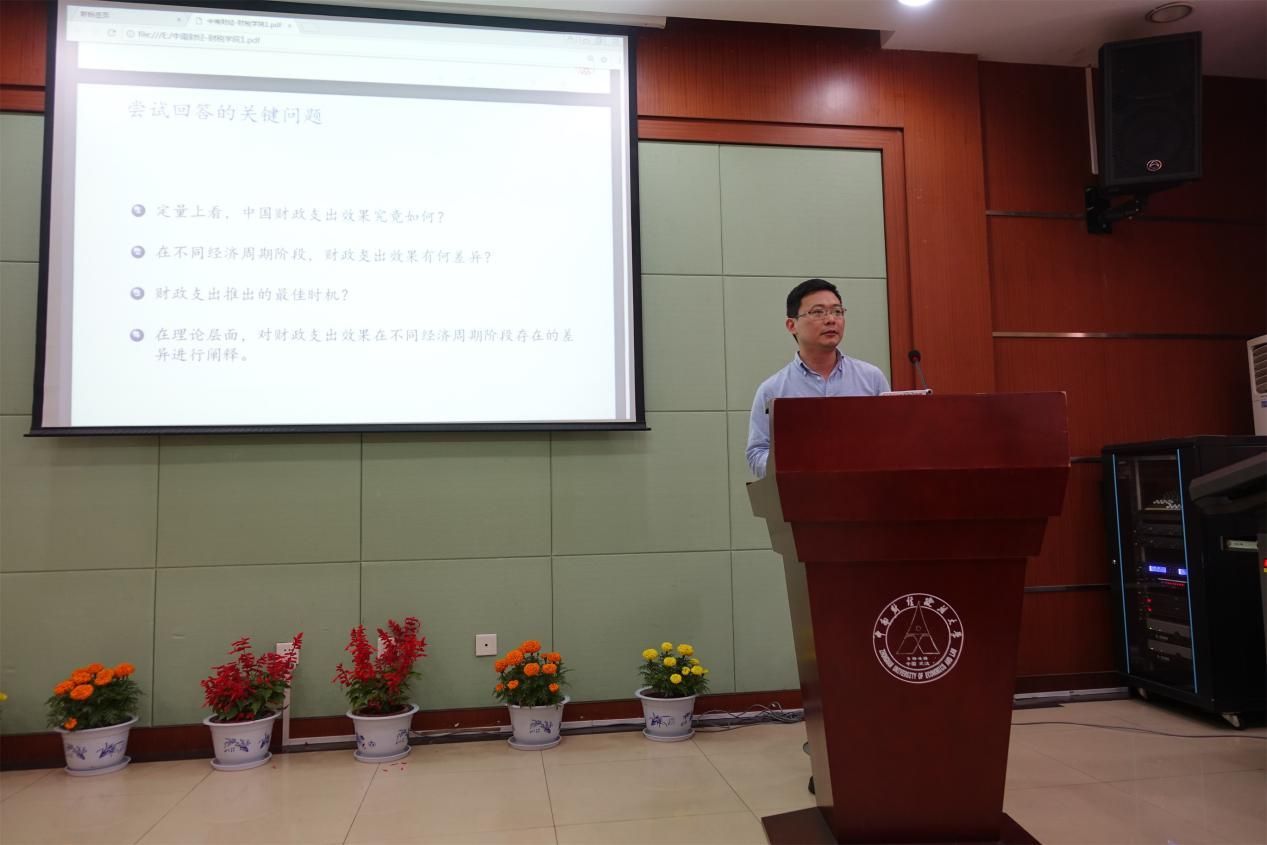
The keynote speech in the afternoon was presided over by Professor Gong Qiang, Dean of Wenlan School of Business. Professor Zhang Kezhong of Zhongnan University of Economics and Law gave a paper report on the theme of "China's Tax Growth Against the Trend: Information Technology, Tax Collection and Management and Corporate Tax Evasion". From the perspective of the correlation between tax collection and management, and corporate tax evasion in the information age, and based on China's tax informatization construction and tax growth, the report provided reasonable answers to problems such as preventing local taxation from being distorted by corruption, collusion and other acts. This paper revealed the mechanism of information technology in China's tax growth against the trend, and provided useful reference for China to further improve the tax reform ideas of "more simplified taxation system, broader tax base, lower tax rate and stricter tax collection and management".
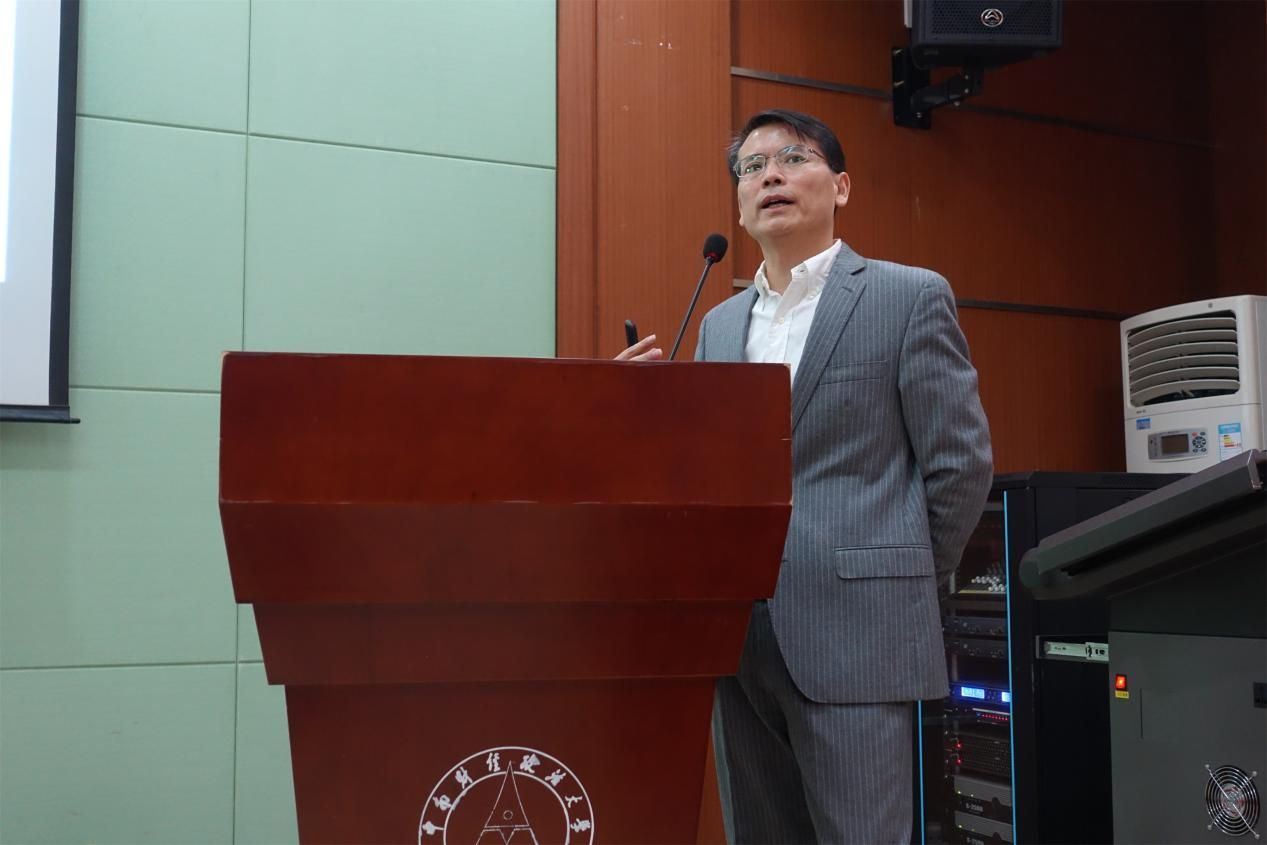
Professor Yin Heng of Renmin University of China analyzed the excess burden of value-added tax in China's manufacturing industry with the theme of "Excess Burden of Value-added Tax in China's Manufacturing Industry: From the Perspective of Enterprise Heterogeneity". The analysis put forward the structural estimation method of VAT excess burden in a heterogeneous enterprise environment, concluded that the excess burden rate of VAT in China's manufacturing industry was not high, and supported the gradual reform of VAT.
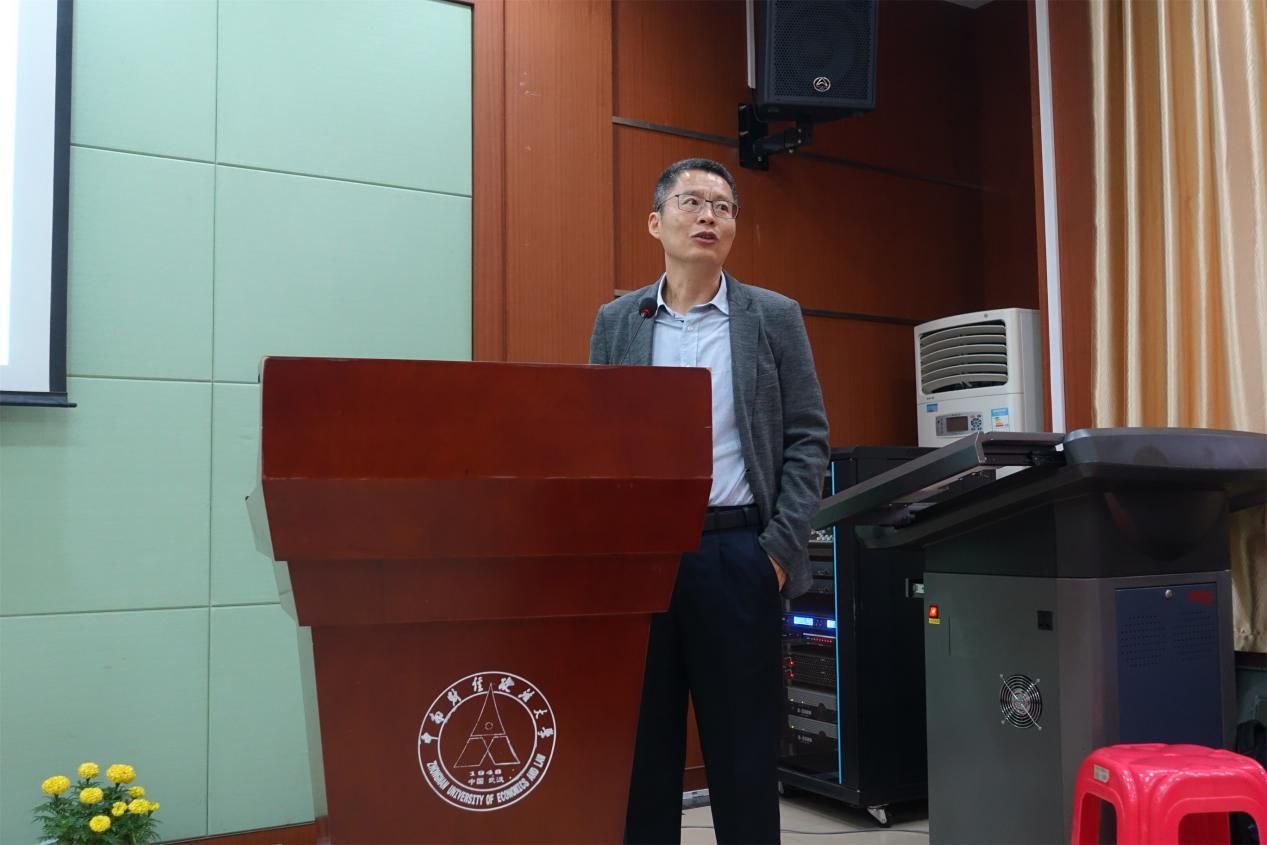
Professor Fu Wenlin of Shanghai University of Finance and Economics made a paper report on "Income Distribution Effect of Vertical Fiscal Imbalance", with emphasis on income distribution inequality. He discussed the income distribution effect under vertical fiscal imbalance from the aspects of fiscal revenue distribution, fiscal incentives of local government, transfer payments, etc. He also proposed that vertical fiscal imbalance would eventually aggravate the inequality of income distribution by affecting local fiscal revenue and expenditure, and economic development.
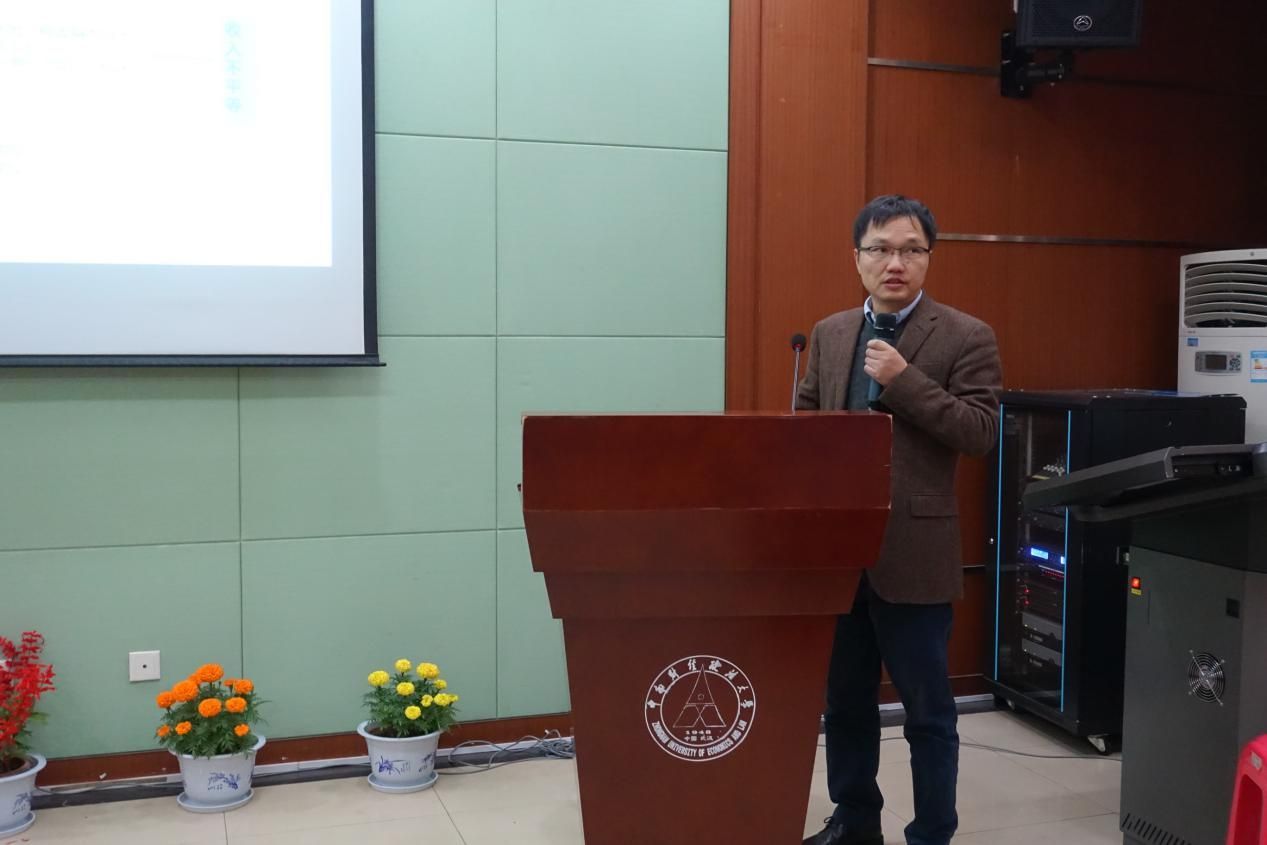
Professor Xie Zhenfa of Xiamen University reported the latest research with the theme of "Tax Sharing Incentive, Marketization and Enterprise Production Efficiency". The research studied the incentive impact of tax sharing on enterprise TFP, marketization and enterprise production efficiency.
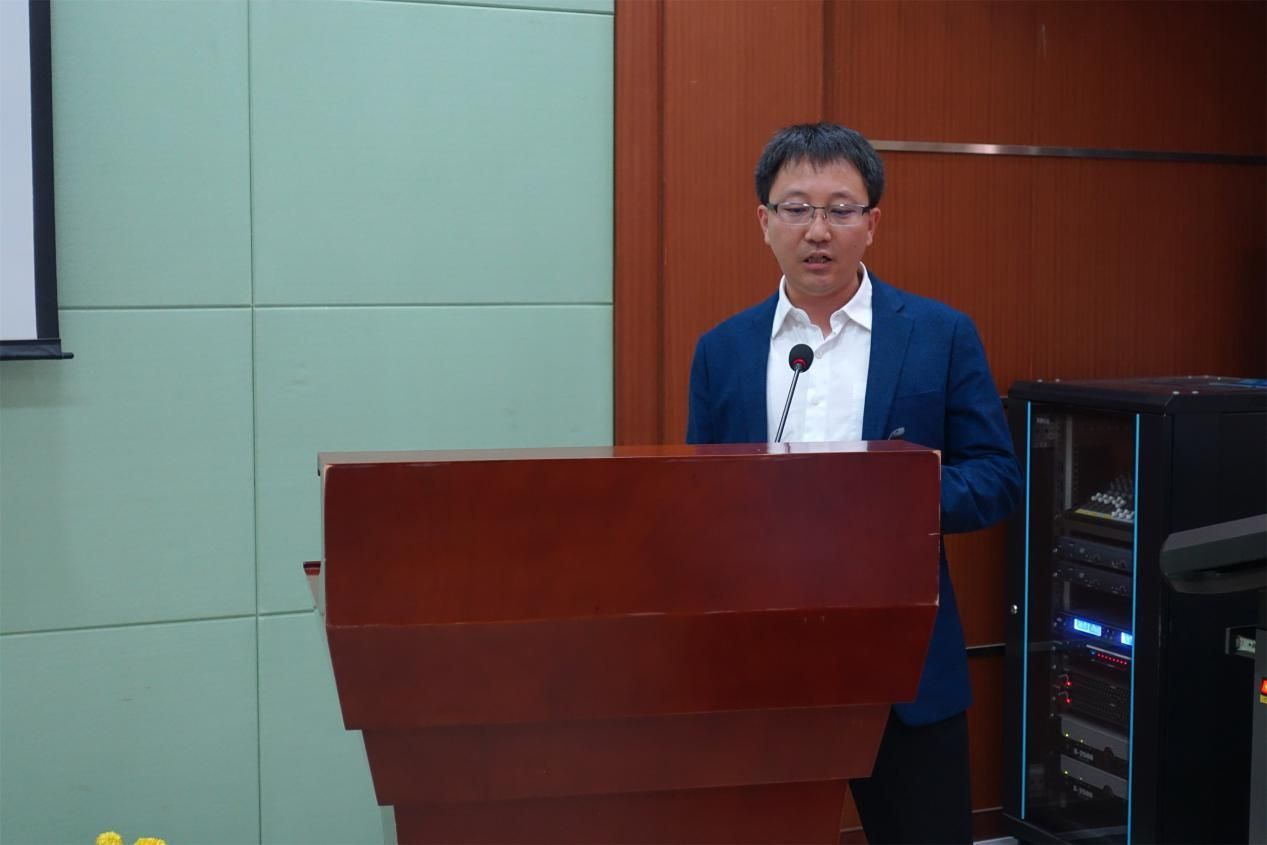
Associate Professor Li Ming of the University of International Business and Economics took the theme of "Research on the Entrepreneurial Effect of Public Investment--Taking the Three Gorges Project as an Example". The research concluded that the entrepreneurial effect of new enterprises in counties was higher than that of enterprises in remote areas, and the service industry, especially the producer service industry, was the main driving force. Professor Li Ming put forward policy suggestions such as adjusting fiscal policy with enterprises as the center and actively invest in infrastructure to make up for the shortcomings.
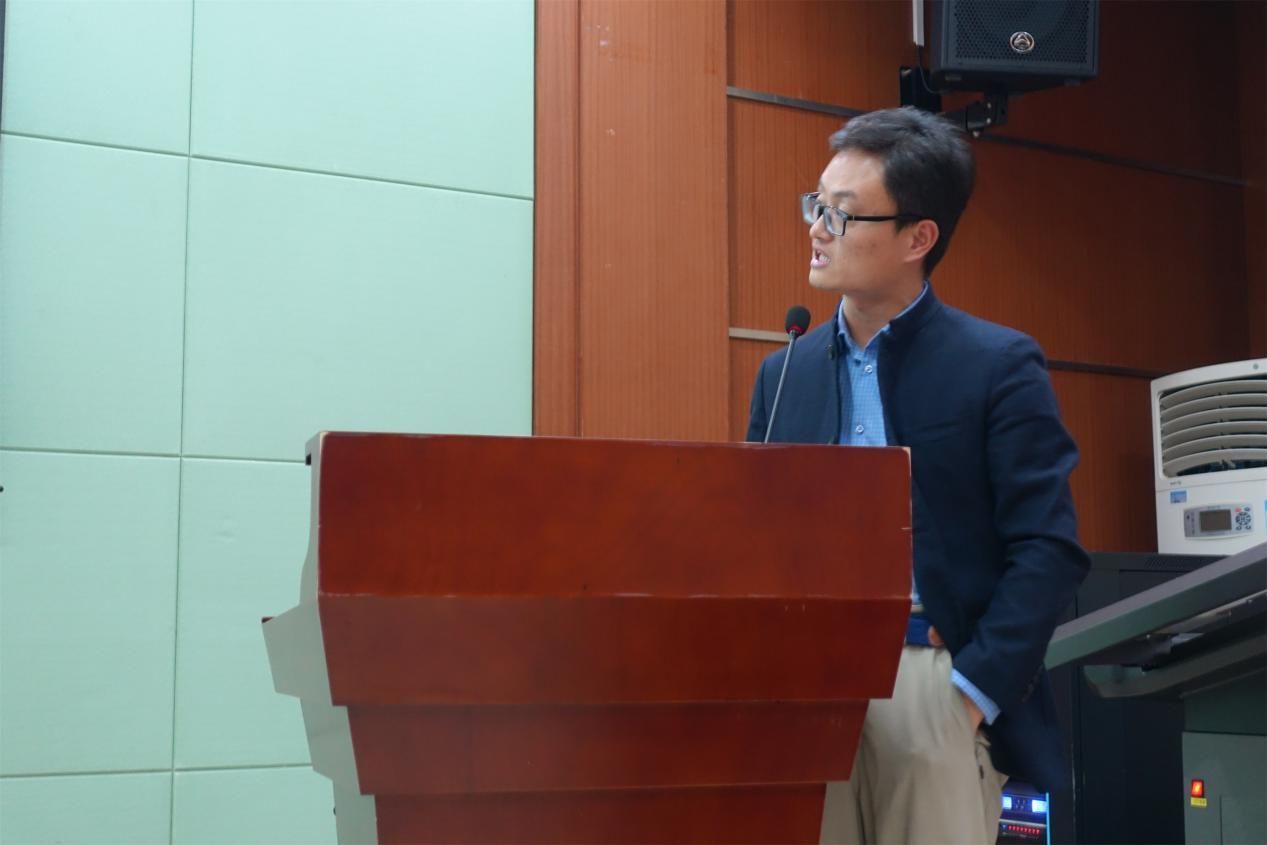
Assistant Professor Xu Jing of Shanghai University of Finance and Economics, with the title of "Evaluation Methods and International Comparison of Income Redistribution Policies", evaluated the effect of redistribution policies and theoretically analyzed the reasons for efficiency differences. Based on these, the report made a comparative analysis of the efficiency differences of redistribution policies in different countries
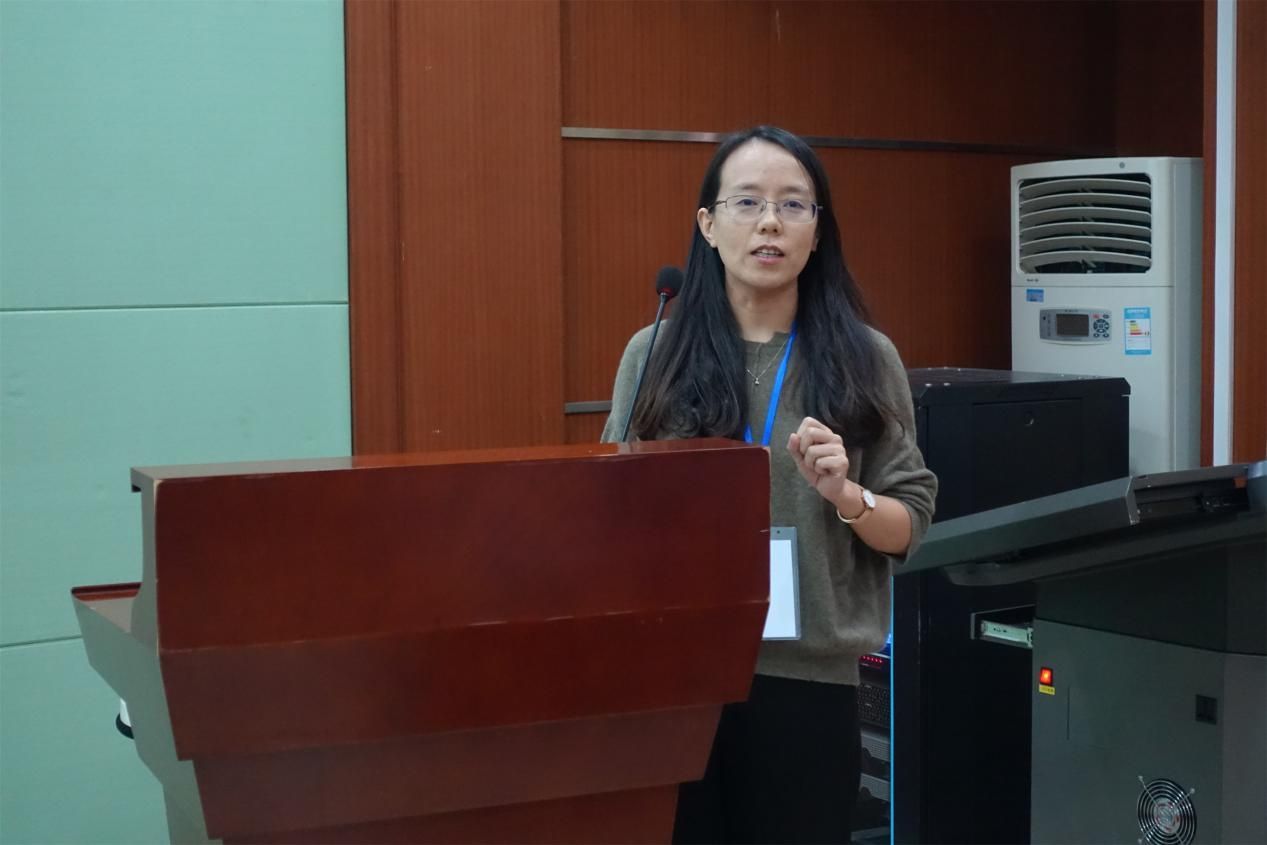
In addition, Associate Professor Zhan Xinyu from the School of Finance and Taxation of our university reported the research on the target management of local economic growth from the perspective of fiscal decentralization; Associate Professor Tian Binbin reported the latest empirical research on transfer payment and local government’s tax efforts, with poverty counties as regression discontinuity; Assistant Professor Sun Yukun had a heated discussion with academic colleagues on the topic of "Removing Counties to Establish Districts and Local Tax Competition ".
Wang Limin, deputy editor-in-chief (executive) of the editorial department of Social Sciences in China, made a wonderful summary of the whole seminar, deeming that the seminar was very successful and fruitful. He highly praised the innovation and contribution of the scholars present in the field of public economics research, and proposed the future research direction, that was, to connect China's problems with discipline construction through measurement methods, to find practical problems from disciplines, and, by combining the two forces, to vigorously cultivate public finance theory and perfect finance theory.
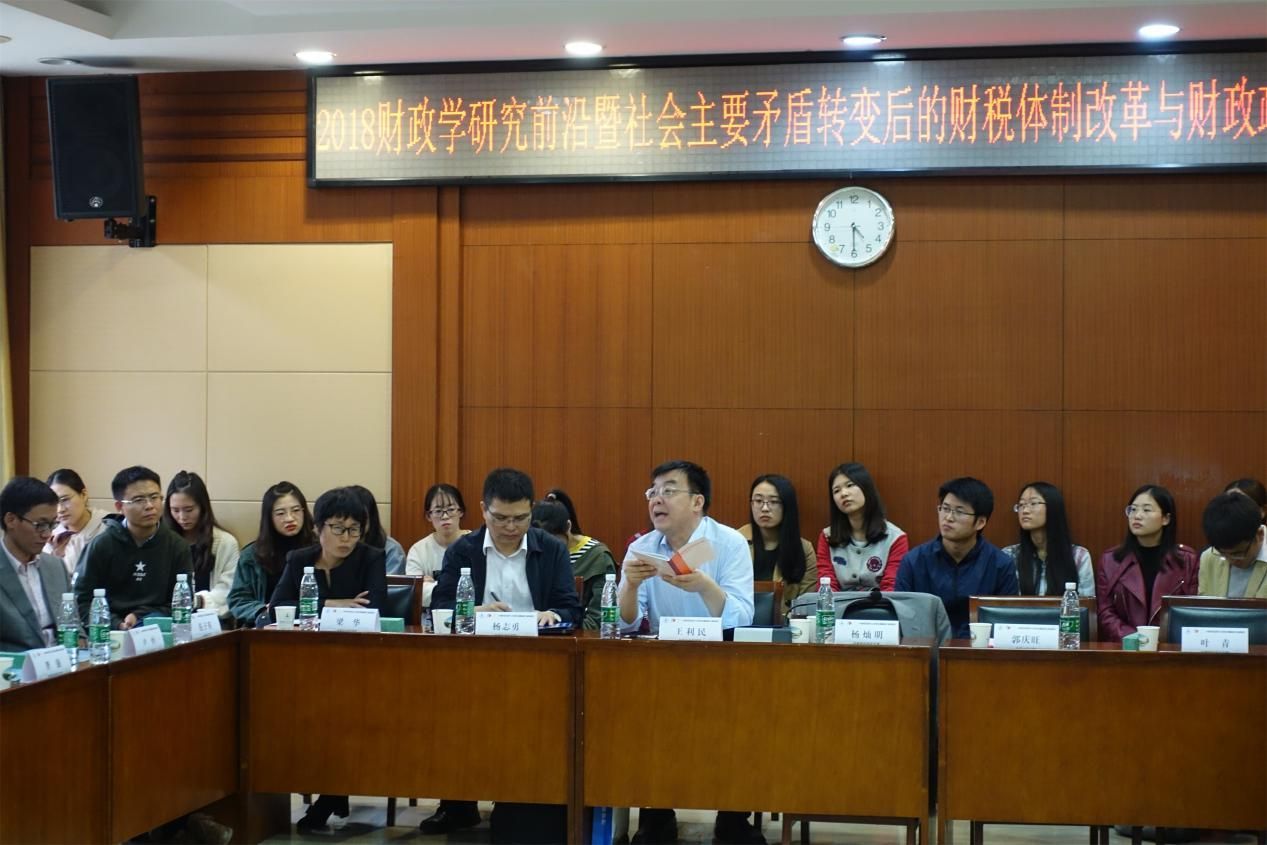
Apart from these, researcher Liang Hua, editor-in-chief of the editorial department of Social Sciences in China, and more than 60 teachers and graduate student representatives of School of Finance and Taxation attended the seminar, including Professor Ye Qing, Secretary Zhou Wei, Professor Pang Fengxi, Vice Dean Xue Gang, Deputy Secretary Xiong Sihong, Professor Liu Jinghuan, Professor Gan Xingqiong, Professor Wang Jinxiu, Professor Sun Qunli, Professor Sun Zhaobin.
"Seminar on Finance Research Fronts" was a high-level academic exchange platform created by the editorial department of Social Sciences in China for experts and scholars in the field of finance research in China. It had been successfully held twice in Renmin University of China and the Chinese Academy of Social Sciences. This seminar was the third and jointly hosted by the School of Finance and Taxation and Wenlan School of Business of our university. During the seminar, enthusiastic and thorough discussions were conducted on the frontier theories and research methods in the fields of the development of finance theory, financial system modernization, fiscal transfer payment, government decentralization, fiscal expenditure performance, tax growth against the trend, income redistribution, public investment, local tax competition and so on, with the hope that the spark and exchange of these thoughts would greatly promote the development and progress of relevant academic research. Holding this high-level academic seminar within one week before the 70th anniversary of our university not only provided a great academic feast for teachers and students, but also added a strong academic atmosphere to the celebration.
